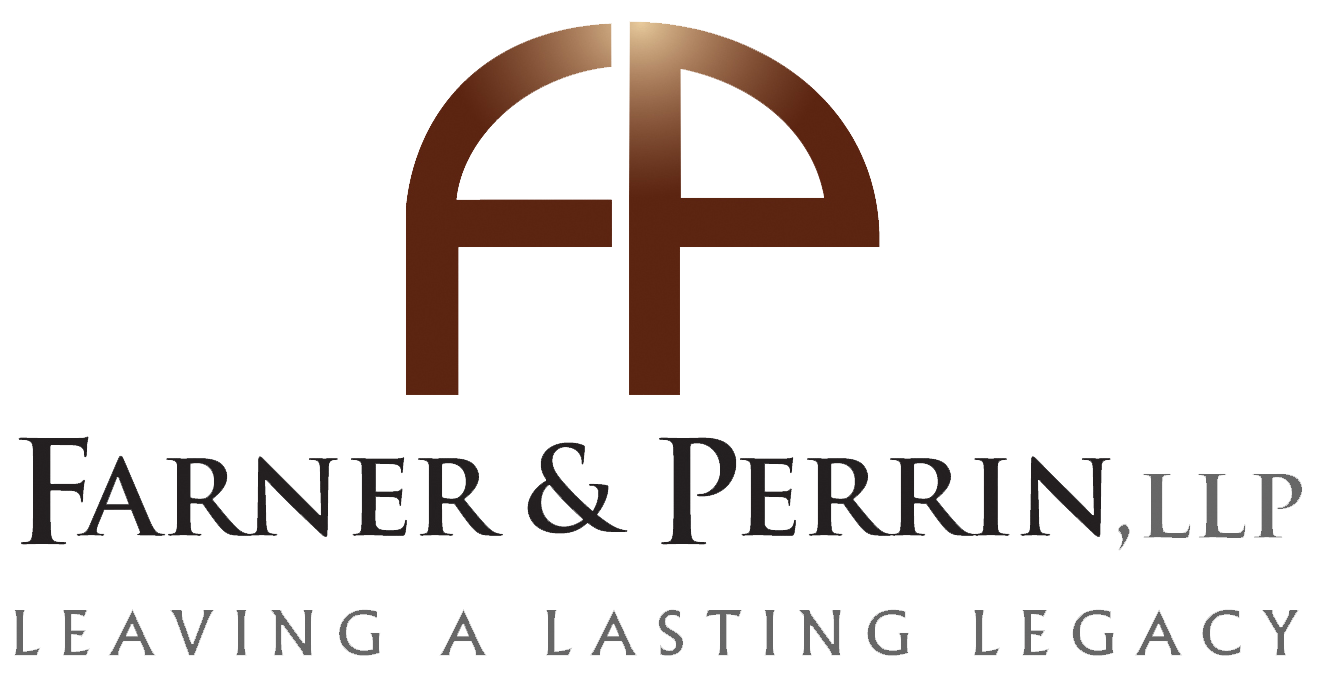Getting Your Affairs in Order: Essential Legal Documents
ACTEC Fellow Bernard A. Krooks, an elder law expert, reviews the essential legal document such as Durable Power of Attorney (aka Financial Power of Attorney), and Advanced Healthcare Directives (Healthcare Proxy and Living Will) that should be in place.
Owning Property and Titling Assets
ACTEC Fellows Stephanie Perry and Akane R. Suzuki explain the ins and outs of how to title property – joint tenancy, tenancy in common, tenants by entirety, sole ownership, and community property.
Should Your Adult Child Be A Co-Signer on Your Bank Account?
ACTEC Fellows Crystal W. Edwards and Letha S. McDowell explain why it is a bad idea to have an adult child as a co-signer on a bank account.
What is Joint Tenancy and When Should I Use It?
ACTEC Fellows Richard R. Gans and Tami Conetta of Sarasota, Florida offer professional information and insight regarding the topic of joint tenancy.
What is Probate?
ACTEC Fellows Richard R. Gans and Phillip A. Baumann discuss probate, probate administration of a decedent’s (deceased person) and other probate-related topics.
How Does a Revocable Trust Avoid Probate?
ACTEC Fellows Stacy E. Singer and Jonathan W. Michael discuss the purpose and role of a revocable trust in avoiding probate, what a revocable trust can and cannot do, if a revocable trust can protect assets from creditors, and step individuals need to take when setting up a revocable trust.
What is a Revocable Trust and Do I Need One?
A common question among families beginning estate planning. ACTEC Fellow Professor Mary F. Radford frequently gives presentations on estate planning and guardianship and shares her insights with families in this video.
Understanding Power of Attorney
A fundamental question in estate planning. ACTEC Fellow Bernie Krooks explains why a Power of Attorney (POA) is the most important estate document you can sign in this video presentation.
Should I Serve as an Agent Under a Financial Power of Attorney (POA)?
ACTEC Fellows Jean Gordon Carter and Stephen W. Murphy discuss what’s involved in the role of a property or financial Power of Attorney (POA), the agent’s responsibilities, and what questions you should ask yourself.
Should I Serve as a Healthcare Agent Under a Power of Attorney (POA)?
ACTEC Fellows Jean Gordon Carter and Linda Funke Johnson, estate planning experts, explain what you need to know about accepting the legal responsibility of a healthcare agent, aka a healthcare surrogate or healthcare proxy.
What is a Will and Why Do I Need One?
Experts in estate planning, ACTEC Fellows Jean Gordon Carter and Elizabeth K. Arias, answer questions that families often have when preparing a will.
Can I Do a Will for Myself?
ACTEC Fellows Elizabeth K. Arias and Kerri L.S. Mast discuss the pros and cons of writing a will for yourself and what should be considered when planning for the disposition of your assets.
Pitfalls of Do-It-Yourself Estate Planning
ACTEC Fellows Richard R. Gans and Brian Sparks discuss what you need to know about DIY forms, what might be missing from the documents and some of the legal technicalities.
Should I Sign New Estate Planning Documents When I Move to a New State?
Individuals and families need to update estate planning documents when relocating to a new state. ACTEC Fellows Jonathan W. Michael and Anita M. Sarafa explain why in this short video.
Digital Asset Management in Life and Death
ACTEC Fellows Stacy E. Singer and Suzanne Brown Walsh discuss how to plan and manage your digital assets, such as photos, email accounts and passwords, during life and in your estate documents in this informative video.
Social Security Retirement Age and Benefits
ACTEC Fellows Crystal West Edwards and Rosemarie S. Sam explain when you should take Social Security retirement benefits and how the decision may result in a reduction of income for dependents.
